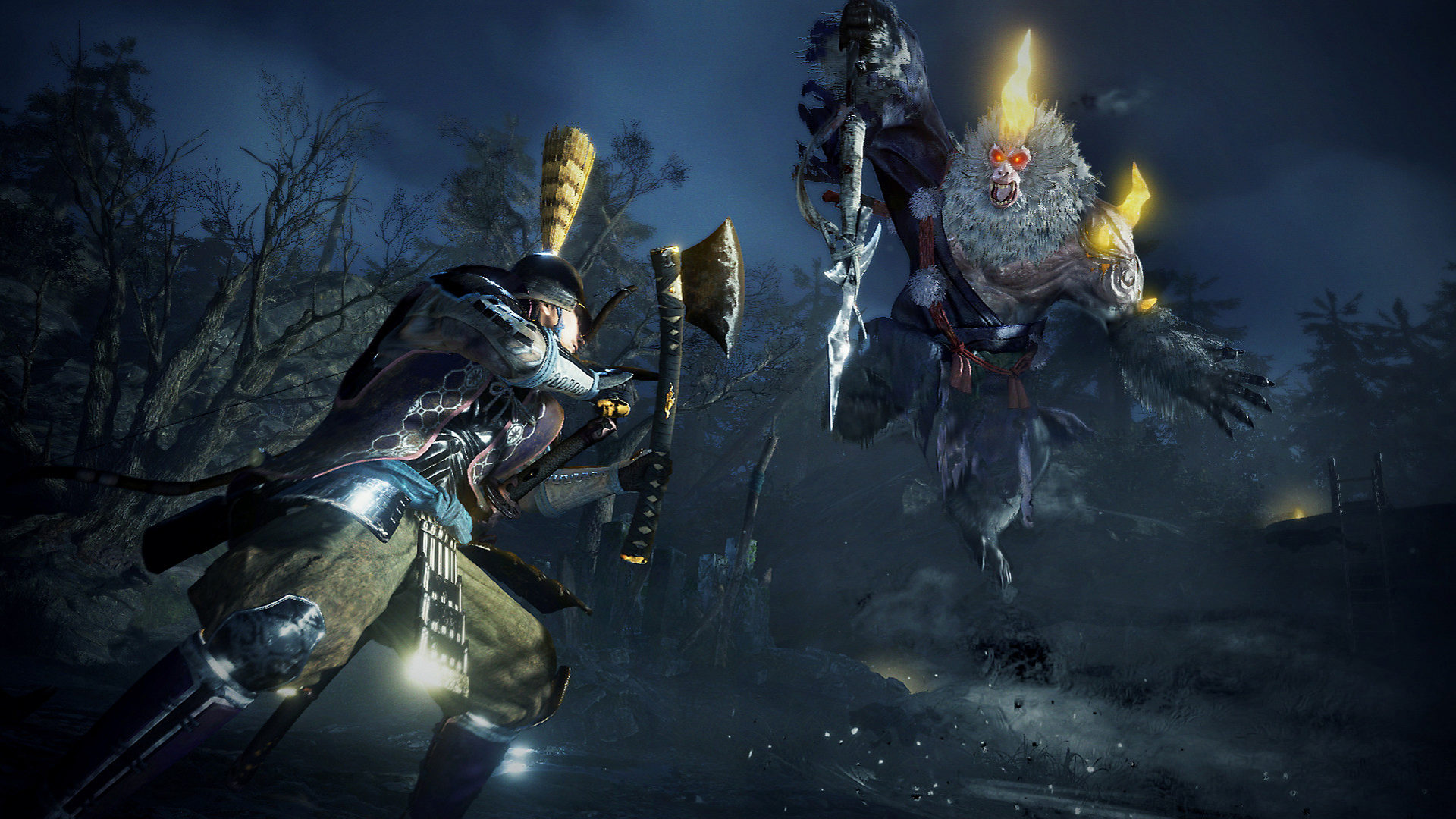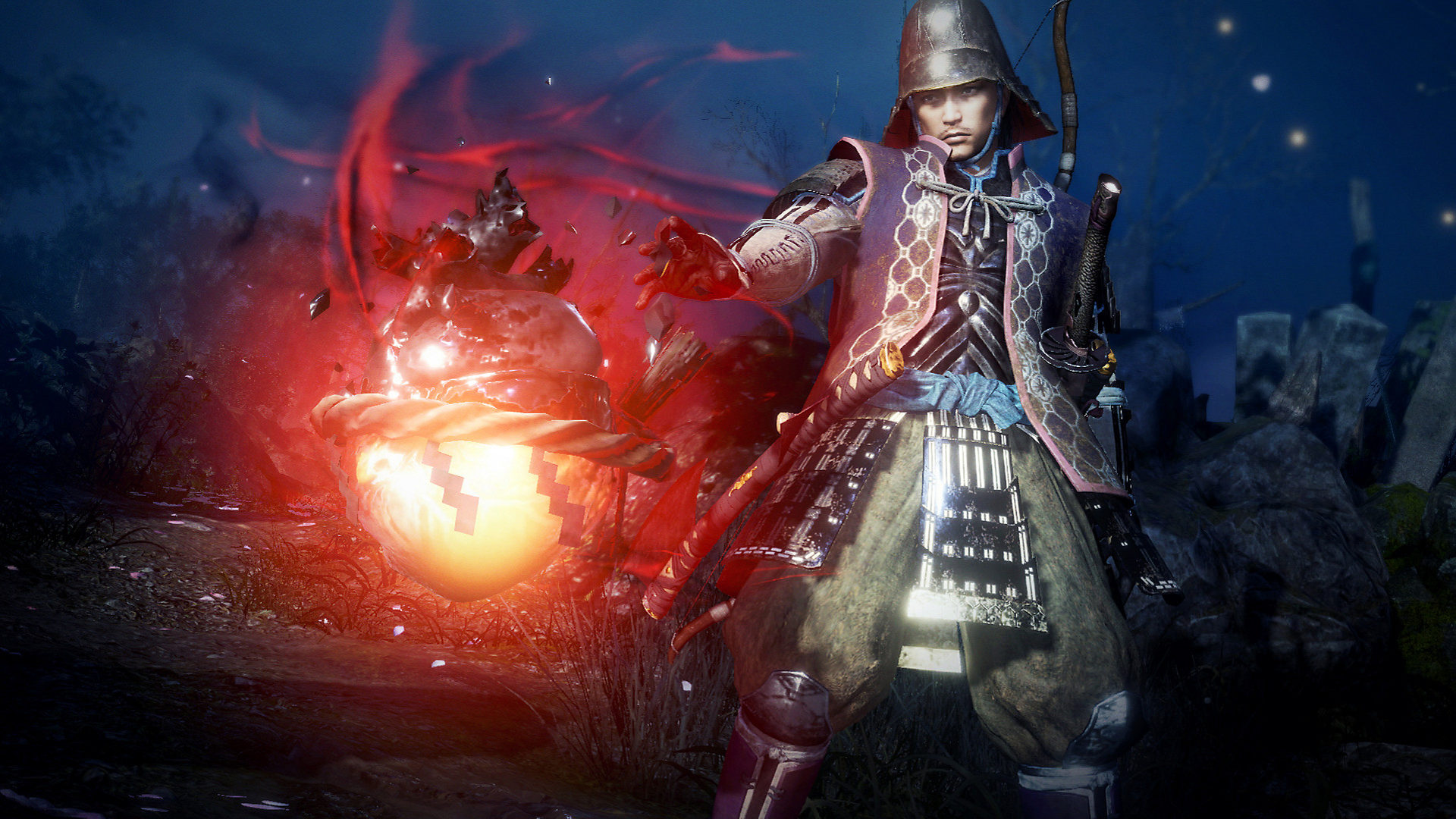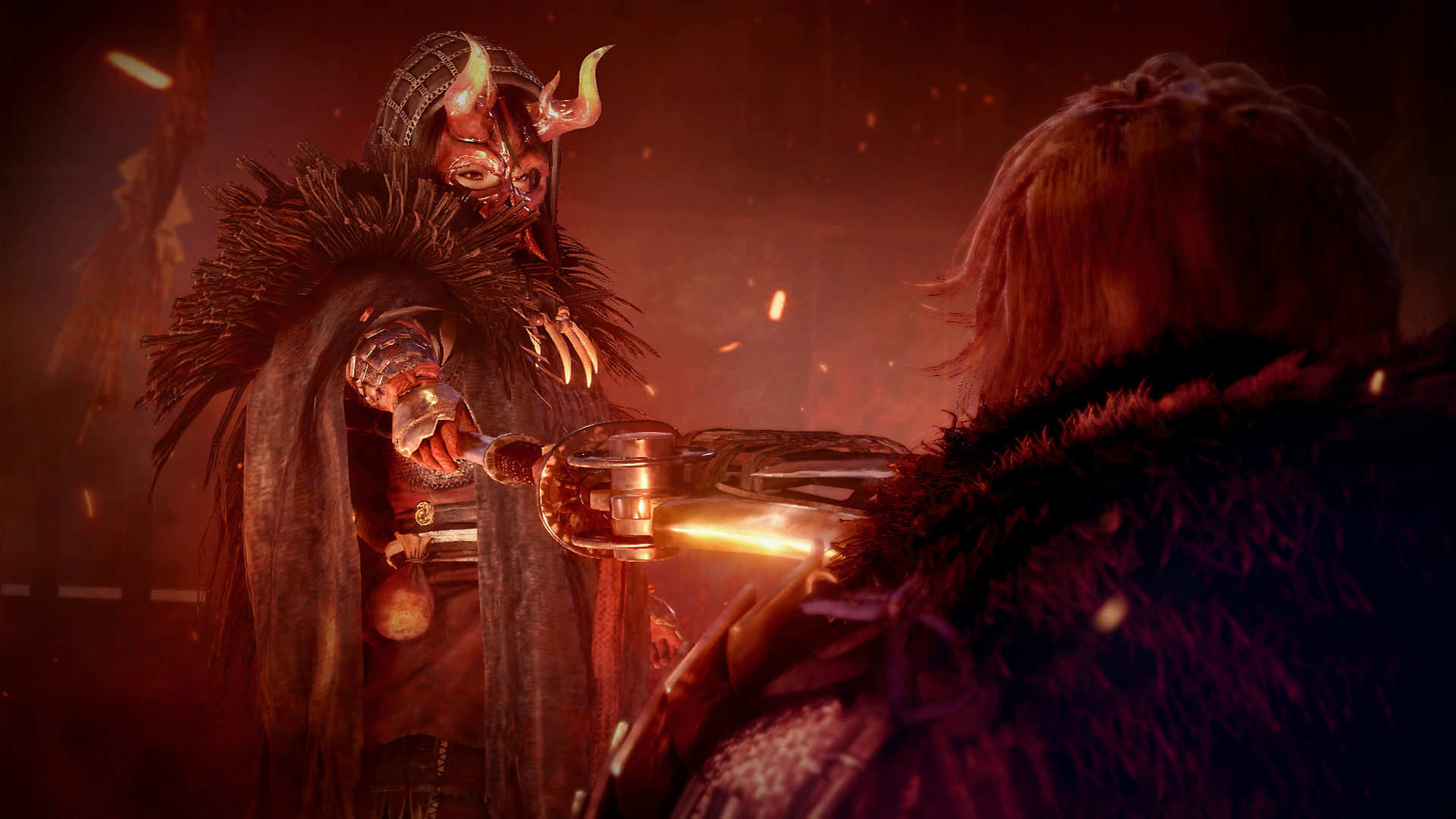Every time my fiancé leaves for work or goes grocery shopping for us, my heart stops a little. I can’t help but wonder if this will be the day the coronavirus is brought back to us. We take as many precautions as we can, but that’s never a guarantee. Sometimes I’m afraid to hug him, even after he changes his clothes and washes his hands. My anxiety around the coronavirus has steadily increased with each passing day, and isolating ourselves still hasn’t brought me the slightest peace of mind. Most of us are worried, but people like myself have more reason to worry than others.
I have cystic fibrosis, and my illness makes it more likely for me to develop severe complications from the virus if I were to end up infected. I frequently deal with respiratory infections from bacteria colonized in my lungs, which means my body’s almost always fighting something, and it’s also easy for me to catch viral infections. Whenever I’m hospitalized for routine IV antibiotic treatments to manage my CF, the staff have to wear protective gear when entering my room—not to protect them from infection, but to protect me.
Fear is ruining me. COVID-19 symptoms mimic the normal problems of CF, and that makes me paranoid; every time I cough or see that I have a low-grade fever, it’s impossible not to panic despite the fact that it’s nothing out of the ordinary. I have an anxiety attack every other day, I sleep only four or five hours a night, and the culmination of stress triggered my bipolar disorder and launched me into an episode. It feels like there’s a tangible weight on my chest that’s slowly crushing me. Just waking up in the morning has started to feel unbearable, and getting through the day is even harder.
There’s only so much you can do to cope. I’m fortunate to have a good support system and medication, but even that only goes so far. I find the best method for me is to distract myself, so that I’m not left alone with my thoughts. Being a fan of the first game, I treated myself to Nioh 2 at launch as a bit of retail therapy. Although I was initially fearful that playing something relentlessly challenging would make me feel even worse, it’s actually had the opposite effect. For all the frustration and anger it can cause, Nioh 2 radiates positivity for me.

One of the distinguishing aspects of the sequel is its Yokai Realms, areas that literally stain the environment with a dark, pitch black energy and mute the color palette inside. The only way to purify these realms is to vanquish the evil spirits responsible for it, and that means venturing into a large section of the map that drains your stamina and makes yokai even harder. It’s worth it, though, because purifying Yokai Realms gives an immense sense of satisfaction. In an instant, color rushes back in and that darkness is gone permanently.
There’s something soothing about being able to directly see your effect on your surroundings. You endured a tough fight and now the world is a better place because of your efforts. You went into a place filled with danger and healed it. With the current state of our world, it’s a visual metaphor that carries more weight now than it ever would have before—things can only be improved when we take action.
For all of these nice moments, though, Nioh 2 still seems to relish in making you suffer. I managed to last a few hours before getting my first game over screen. My familiarity with its predecessor and years of playing Soulsborne games has helped hone both my patience and reflexes, yet it took only a single attack from a powerful yokai to bring me down. I kept my cool despite it feeling like a cheap death. By the fourth time I died to the same enemy, however, I got so frustrated that I had to turn off my PS4 and take a break. The game isn’t just hard, it’s downright punishing. It can easily push you to your limits if you let it.

Every death is a learning experience, even if it feels unfair at first. You can see how you got too greedy and neglected your defense, or uncover where enemies are hiding in wait to ambush you once you get close. Victory tastes sweeter when you have to work for it, and nothing can compare to the glee of finally mastering the section you’ve been stuck on for so long. Now, though, that victory has a more powerful impact on me. The main appeal of games in this genre has always been overcoming a challenge, but as I’m struggling so hard in my daily life, getting past those obstacles feels significant. The frustration from my repeated deaths motivates me to push onwards. It may sound silly, but it gives me a sense of hope. Still, sometimes you can only push so far before you’re met with too great of a resistance.
My first genuine breaking point came at the end of the third main mission, which pits you against Yatsu-no-Kami, a gigantic serpent. It’s capable of sending out two vicious snakes to attack you, inflicting you with poison, and coiling around you until it crushes your character (usually to death). It can be an absolute pain depending on your build—I died at least a dozen times before I had to walk away from the game for a full day. I realized that I wasn’t going to be able to win the battle by myself, so I turned to online multiplayer.
If you’re feeling antisocial or impatient, there’s a handy mechanic that allows you to summon AI partners of other players. Having an AI companion with high-level gear is handy; on top of being able to dish out additional damage to enemies, they can also take the heat off of you. Unfortunately, that’s not always enough—particularly in boss battles. The AI can rarely adapt to the patterns of a boss, resulting in them dying within the first minute or so of the fight.
After not making progress with AI companions, I was able to get two other players to join me. Asking for help from other players in games like this has always been something that’s made me uneasy. It feels embarrassing to admit that I need assistance when other people are able to get by without it. I’m glad I swallowed my pride, though, because after wasting hours trying to tackle it by myself, the fight was over within three minutes. It was a chaotic yet brief moment that ended with us bowing to each other before going our separate ways.

Calling on other players to help you in battle isn’t a new mechanic in this genre, but now it feels incredibly poignant. Being faced with a situation that seems completely impossible alone, only to conquer it with the aid of strangers, is now both meaningful and sincere. It’s a small reminder of just how powerful cooperation can be, proof that it’s important to simply ask for help when you need it.
After defeating Yatsu-no-Kami, I immediately looked to see if anyone was requesting aid for missions I had already completed. I was able to assist someone stuck in a very challenging submission with ease. The other player and I, basking in our victory, bonded for a moment, even if our only means of communication was goofy emotes. We didn’t need to understand each other to battle our problems together. All Nioh 2 players are just trying to survive a brutal world, and that common goal connects us.
Comparing cooperative multiplayer in a video game to cooperation in the midst of a global pandemic might seem like oversimplification, but helping each other is simple. There are plenty of videos and articles going viral about people creating survival kits full of toiletries and food for their cities’ homeless populations, or buying groceries for those who can’t risk exposure. I want to be one of those who’s helping others, but it’s impossible for me to do so without endangering myself and those around me.
Being powerless in a time like this really takes a toll on my mental health. It’s another way in which my illness prevents me from living a normal life, and shows how it limits me in so many ways. Because Nioh 2 can cause a ton of frustration, lending a hand to other players seeking out help makes me feel like I can do something to improve someone’s day, and that’s been great for helping me cope. It’s a very small, relatively insignificant thing for most people, but it means a lot to me.
The overwhelming uncertainty that surrounds us right now is impossible to avoid, but when I’m playing Nioh 2, I do find some version of escape, My paranoia dissipates, and I’m too entranced to pay any attention to the never-ending stream of “what-ifs” that float through my mind; the only thing I focus on is fighting everything that tries to stop me from reaching my goal. I no longer feel embarrassed when I inevitably need help, and I likewise help others whenever I can, even if only by leaving my AI avatar for other players to summon. Persevering through the game and teaming up with strangers has become a means for me to vent my feelings of helplessness and distress. I understand why Nioh 2’s high level of difficulty might be off-putting to some, but right now it’s that exact struggle that’s bringing me a true sense of comfort—comfort I, and many others in the world, desperately need.
All images: Sony Interactive Entertainment

Nick Ransbottom is a freelance journalist and former reviews editor for RPGFan. When he’s not making bad puns on Twitter, he’s most likely either putting a few more hundred hours into Monster Hunter: World and Overwatch, or impressing almost no one with his knowledge of Kingdom Hearts lore.